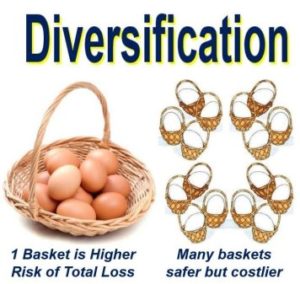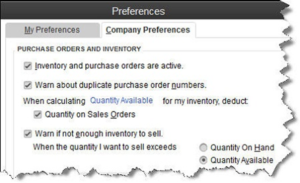Entrepreneur Think Deductions, Deductions, Deductions!

Are you an entrepreneur looking for a tax break? Entrepreneurs have a lot on their plate, including living with the financial risk of their entrepreneurial efforts. That’s why it’s so important for any entrepreneur to be aware of any and all deductions come tax time. There are dozens of deductions to be had, but the tax code is no picnic to go through. So what kinds of things should you look for if you’re an entrepreneur filing your taxes?
The first thing to keep in mind is that your business expenses are deductions. That means your expenses reduce your overall profit. If your revenue was $500,000, but your expenses – including marketing, equipment and travel, among other things – add up to $200,000 then your net profit is only $300,000. That is the amount you owe taxes on.
Unless you have a C-Corporation you will most likely be responsible for self-employment taxes as well, which is 15.3 percent. Your total tax bill could easily end up being close to 40 percent, depending on how much profit you make and which tax bracket you end up in. It could be even higher than 40 percent. Therefore, any deduction you can get will be helpful. Essentially, at a 40 percent tax rate, every deduction worth $1,000 will save you at least $400 in taxes.
That being said, you must actually run a business and your deductions must be legitimate business expenses. You have both operating expenses and capital expenses to work with but whichever kind you have, make sure to keep careful records and receipts of all your expenses. Don’t overlook the power of deductions as an entrepreneur. They can bring big returns to your overall bottom line.
Making Tax-wise Investments
Making Tax-wise Investments Tax considerations are not, and should never be, the be-all and end-all of investment decisions. The choice of assets in which to invest, and the way in which you apportion your portfolio among them, almost certainly will prove to be far more important to your ultimate results than the tax rate that…
Reducing Risk With a Diversified Portfolio
Reducing Risk With a Diversified Portfolio Have you been worried about the stock market’s recent volatility? You’re not alone. The stock market in March was a roller-coaster ride that served as a reminder to investors that the market’s ups and downs can be a little dizzying. But a volatile market should not leave you feeling…
Are You Defining Items in QuickBooks Correctly?
[vc_row][vc_column][vc_column_text] Create item records in QuickBooks carefully, and QuickBooks will return the favor by running useful, accurate reports. Figure 1: Clearly-defined items result in precise reports. Obviously, you’re using QuickBooks because you buy and/or sell products and/or services. You want to know at least weekly — if not daily — what’s selling and what’s…
Saving Money for College: Education Credits
Saving Money for College: Education Credits Education credits are tax credits available for qualified education expenses paid by the taxpayer in the furthering of their education. Qualified education expenses are defined as an expense paid during the tax year for tuition and fees required by an eligible educational institution for student enrollment and attendance. Room…




